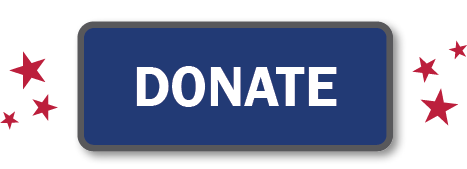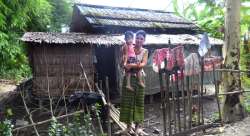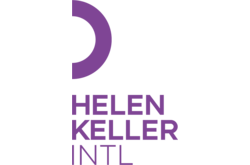Mar Mar San lives with her husband and young daughter in Ar-Chan, a village in Myanmar’s Ayeyawaddy Delta region. Families in this low-lying area are accustomed to hardship: they struggle to support themselves with small-scale fishing and rice farming, and natural disasters like heavy rains and flooding are a perpetual threat. In 2008, a powerful cyclone caused catastrophic damage.
Yet the COVID-19 pandemic has brought even bigger challenges for vulnerable families like these in Myanmar, where chronic malnutrition affects nearly 30 percent of children under the age of five. Measures to contain the spread of the virus — including the temporary shutdown of markets and restrictions on the movement of people and goods — have disrupted food and agriculture systems, slashed household incomes and exacerbated hunger.
Fortunately, thanks to training and resources from Helen Keller International’s homestead farming program, Mar Mar San and her family are confronting the COVID-19 crisis with a vital safety net in place.
First developed in Bangladesh in the late 1980s, this women-led initiative has helped to improve food security and nutrition for an estimated 1.7 million families across Africa and Asia.
Participants like Mar Mar San learn how to grow nutrient-rich vegetables, as well as raise and sell poultry. Homegrown produce and eggs provide sustainable nutrition for family and neighbors, as well as additional income. At demonstration sites, known as model farms, household farmers in the community receive supplies such as seeds and saplings, along with nutrition education about which vegetables are more nutritious and why. They also learn how to maintain their garden plots with compost and natural pest control.
Throughout the pandemic, Mar Mar San has been able to use eggs from her ducks — as many as seven or eight per day — to prepare nutritious meals for her young daughter. She sells her surplus eggs to her neighbors.
With a reliable source of nutrition and income to rely on, Mar Mar San and her family are meeting the challenges of the COVID-19 crisis — and improving their resilience for the future.





